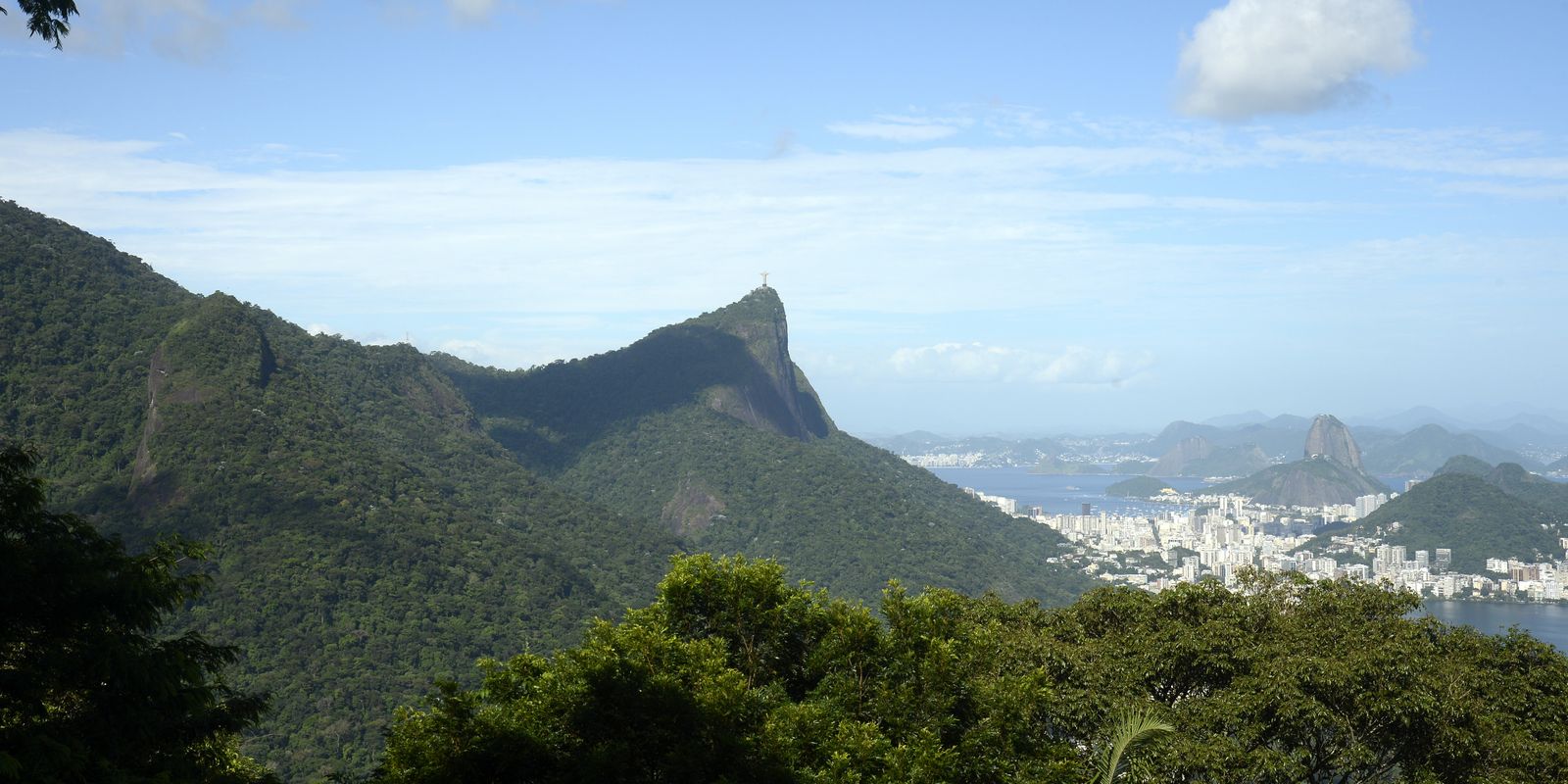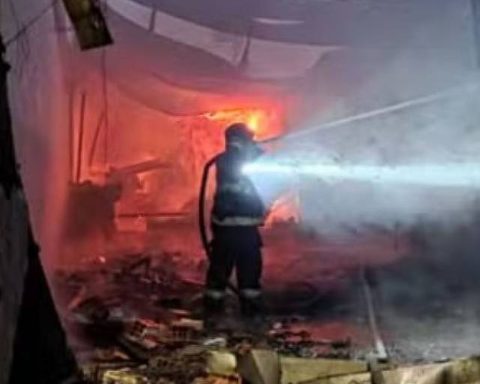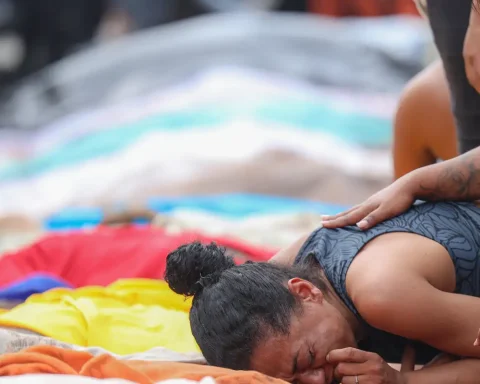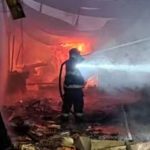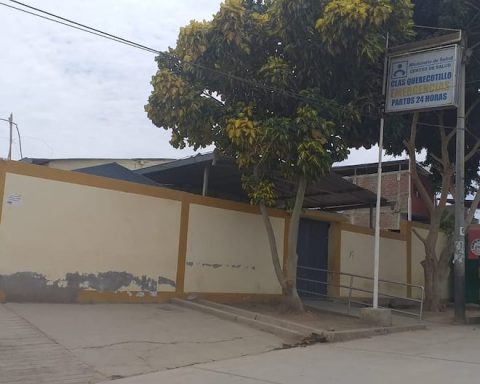The number of forest fires has increased by around 85% in the state of Rio de Janeiro this year. According to data from the Rio de Janeiro State Military Fire Department (CBMERJ), in the first eight months alone, the corporation has already responded to 6,178 more incidents than in the same period last year.
In 2023, CBMERJ responded to 11,037 vegetation fires. From January 1 to August 23, there were 7,417 calls. In 2024, so far, there have been 13,595 calls, 2,558 more than in the entire previous year.
Rio de Janeiro (4,513), São Gonçalo (569) and Duque de Caxias (561) are at the top of the ranking of the most affected municipalities, followed by Maricá, Nova Iguaçu, Niterói, Araruama, Nova Friburgo, Campos dos Goytacazes and Volta Redonda.
Combat by land and air
The corporation works on land and air to combat fires. Aircraft, drones, specialized vehicles and firefighters specializing in forest fires work day and night to prevent the spread of flames. Another weapon that the corporation uses, increasingly frequently, is information. Campaigns in the press and on social media warn of the risks of common practices that can lead to major environmental disasters, with damage to flora, fauna, lives and property.
“Today we have state-of-the-art vehicles equipped with portable water pumps, water dampers, backpack pumps, sickles, hoes, spades, field shovels and shovels, as well as flexible tanks with a capacity of 25 thousand liters, which allow the corporation’s helicopters to supply water. Equipment such as chainsaws and chain sharpeners, blowers and backpack pumps, water pumps, backpacks, water dampers, as well as mountain activity kits and field tents were also recently acquired,” explained the Secretary of State for Civil Defense and General Commander of CBMERJ, Colonel Leandro Monteiro.
The Rio de Janeiro Fire Department currently has two Forest and Environmental Rescue Groups (1st and 2nd GSFMA), strategically located in Alto da Boa Vista and in the city of Magé. These units are specialized in responding to these types of incidents, which are more common during the dry season, between the months of May and October. At this time of year, the CBMERJ also activates Operation Extinctus, reinforcing the staff throughout the state with Forest Fire Fighting Teams (GCIFs).
CBMERJ also carries out periodic simulated operations and constant training of troops, in preparation for these types of occurrences.
